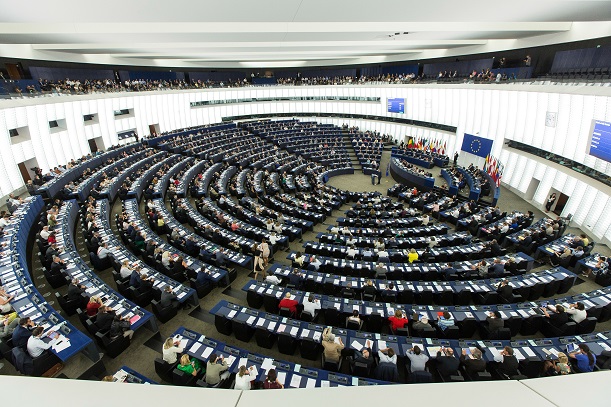Operator CEOs have issued their latest plea for “genuine spectrum reform” to the European Union, arguing failure to change will hold back “innovation, growth and development for decades to come”.
Telecoms ministers are due to meet in Tallinn, Estonia tomorrow (18 July) to discuss the conditions for successfully deploying 5G.
Ahead of the meeting, the CEOs of Deutsche Telekom, GSMA, KPN, Orange, Telecom Italia, Telefónica, Telekom Austria, Telenor Group, Telia Company and Vodafone Group have repeated their call for changes in spectrum policy across Europe.
The open letter highlighted their desire for the predictability of future spectrum rights, including minimum licence lengths of 25 years.
It also called for a framework to review how spectrum is awarded and how allocation of it is structured.
Its third request was for the ability to share spectrum voluntarily and its final request was the implementation of a fee structure that reflected the best use of spectrum as well as coverage commitments.
The letter said: “Reforming the current spectrum rules is of the utmost importance. Creating the right spectrum policy framework in Europe is critical for the development of a true Digital Single Market.
“Failure to establish a well-functioning and investment-friendly spectrum framework risks stifling innovation, growth and development for decades to come.
“This will not only impact the mobile industry, but also adjacent sectors that increasingly rely on connectivity and digitalisation.”
It is the latest plea from European operators to loosen regulation across the continent.
However, at a recent meeting of telecoms ministers from the European Council, which defines the direction of the European Union’s work, they said they were wary of 25 year long spectrum licences because of the lack of certainty about the future.
Ministers were also cautious about the peer review proposals, claiming they needed to take more of a lighter touch approach and be a voluntary measure.


